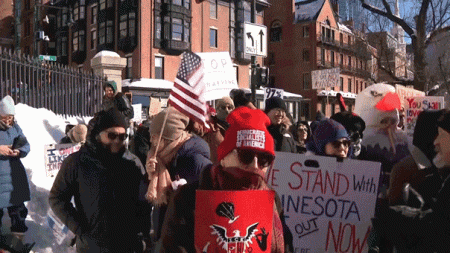Stephen Colbert Criticizes ABC’s Decision to Suspend Jimmy Kimmel’s Show
In a striking moment of solidarity between late-night hosts, Stephen Colbert has openly condemned ABC’s decision to suspend Jimmy Kimmel’s talk show following pressure from the Trump administration, calling it “blatant censorship.” This incident highlights the ongoing tension between political powers and media freedom in America’s entertainment landscape. The suspension came after Kimmel reportedly made comments critical of certain Trump administration policies, sparking a reaction that many in the industry view as an inappropriate attempt to silence dissenting voices in mainstream media.
The situation reflects a broader pattern of challenges to press freedom that has characterized recent years in American politics. Colbert, known for his own political commentary on “The Late Show,” appears particularly concerned about the precedent this sets for television networks capitulating to government pressure. His decision to speak out suggests that the late-night community recognizes this as more than just a professional setback for Kimmel—it represents a troubling development for free speech in entertainment media. The solidarity shown by Colbert demonstrates how comedians and television hosts often form an unofficial coalition when they perceive threats to their ability to comment on political matters.
This controversy emerges against the backdrop of an increasingly polarized media environment, where the line between entertainment and political commentary has blurred significantly. Late-night shows have historically served as platforms where hosts can offer humorous but pointed critiques of those in power. The suspension of Kimmel’s show potentially signals a shift in how networks respond to political pressure, raising questions about the independence of media organizations and their willingness to defend their talent when faced with government disapproval. The incident has already sparked debates about self-censorship and the responsibility of networks to shield their creative teams from political interference.
For viewers and media observers, this situation presents complicated questions about the role of comedy in political discourse. Many fans appreciate late-night hosts precisely because they cut through political spin with humor and directness. The suspension suggests that even established figures like Kimmel, who has hosted his show for years and built a substantial audience, remain vulnerable when their commentary challenges powerful interests. The public response to this situation will likely influence how other networks handle similar situations in the future, potentially determining whether political humor becomes more cautious or doubles down on its tradition of speaking truth to power.
Industry insiders have noted that this incident occurs at a time when traditional television is already facing existential challenges from streaming services and changing viewer habits. Network decisions that appear to compromise creative independence could further alienate audiences who have numerous entertainment options. The controversy has also highlighted the different standards applied across media platforms—while network television faces increasing scrutiny and pressure, digital platforms often operate with different expectations regarding political commentary. This disparity creates an uneven landscape for political humor and commentary in American media.
As this situation continues to unfold, the entertainment industry and its audience are watching closely to see whether ABC maintains its position or reconsiders in response to criticism from Colbert and others. The outcome may reveal much about the current state of media independence and the ability of entertainers to engage in political critique without facing significant professional consequences. For Kimmel, Colbert, and their peers, this moment represents more than just a professional dispute—it speaks to fundamental questions about the role of comedy and commentary in a democratic society, and whether television networks will stand firm in protecting these traditions even when faced with pressure from the highest levels of government.






